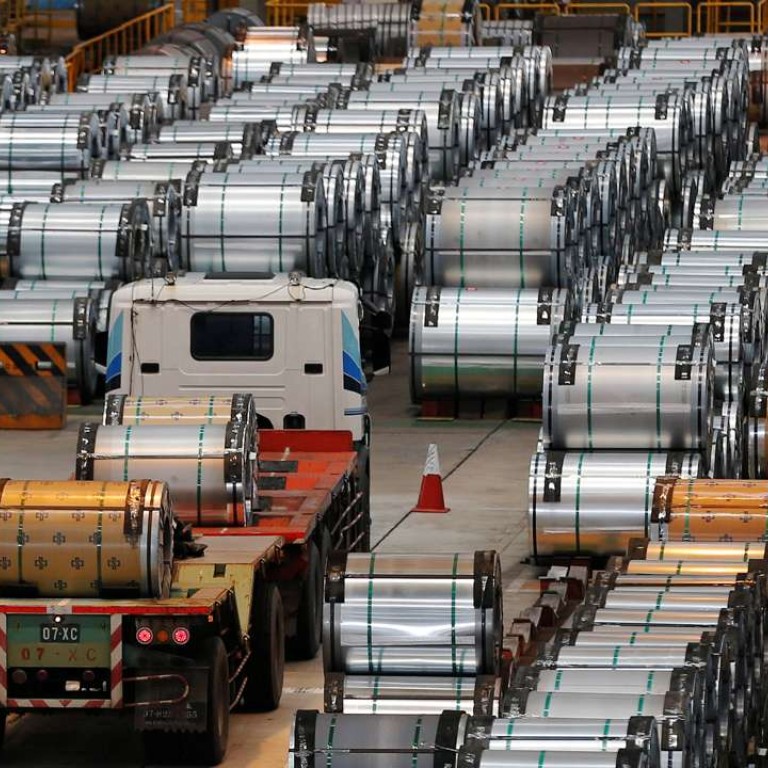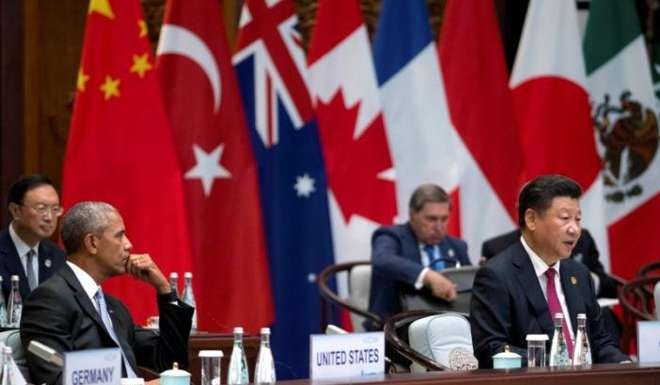
Global forum to tackle steel glut sounds good on paper, but can it work?
Trade rows arising from excess industrial capacity are expected to continue to flare as a global forum recommended by the Group of 20 leaders will likely fail to tackle the root of the issue, experts say.
China has been blamed for flooding global markets with cheap steel, threatening jobs in the United States and Europe.
World leaders attending the two-day G20 summit in Hangzhou that wrapped up on Monday agreed to work together to tackle the issue. But a communique released after the meeting did not single out China and avoided introducing binding limits.
Instead, it called for increased information sharing and cooperation through the formation of a global forum on excess steel capacity. The forum would be facilitated by the Organisation of Economic Cooperation and Development (OECD). But China is not one of the 35 formal members of the Paris-based group.
A global forum in the OECD is just like opening a back door to China
“A global forum in the OECD is just like opening a back door to China and granting it leeway and space to manoeuvre, which will give birth to more trade frictions in the future,” said Yuan Gangming, an economist at Tsinghua University.
Ricard Torne, senior economist for China at FocusEconomics, a Barcelona-based consultancy, said the forum could be “a first step in the right direction”, but the fact China and other important players including India were not members of the OECD “could raise suspicion about its impartiality”.

China has vowed to reduce steel production capacity by 100-150 million tonnes by 2020, a pledge Chinese President Xi Jinping repeated on Saturday ahead of the G20 meeting. But the figure is only half of China’s estimated excess capacity.
Beijing wants to reduce the glut to pave the way for structural reforms that it hopes can shift the focus of the economy to consumption and innovation, but implementation remains shaky.
European Commission turns up heat on China over excess steel
In the first half of the year, China cut steel and iron capacity by 30 per cent of the full-year target, official figures show. Beijing is encountering strong resistance at the local government level.
In a bid to ensure employment and keep the economy stable, local governments are keeping the industries afloat through cheap credit and other forms of support, which in turn leads to lower export prices.
European Commission President Jean-Claude Juncker pushed China to address the issue on Sunday, saying Beijing needed to take responsibility in line with its economic power. But added Yuan: “While China has the need to reduce industrial capacity out of its own concerns, it’s ... another thing when it is pressured by other countries to do so.”

